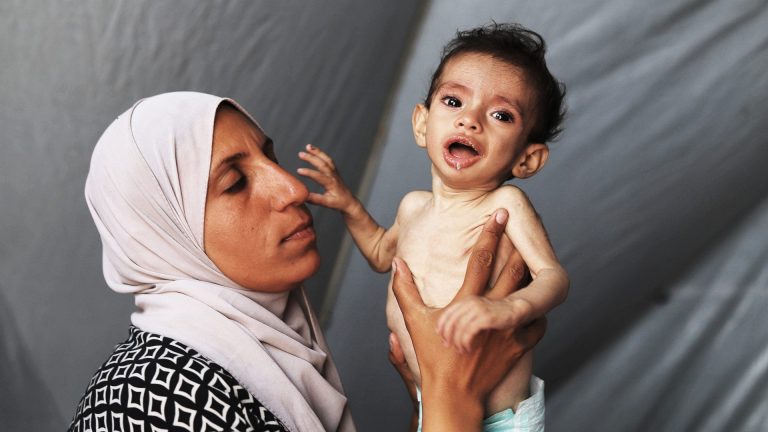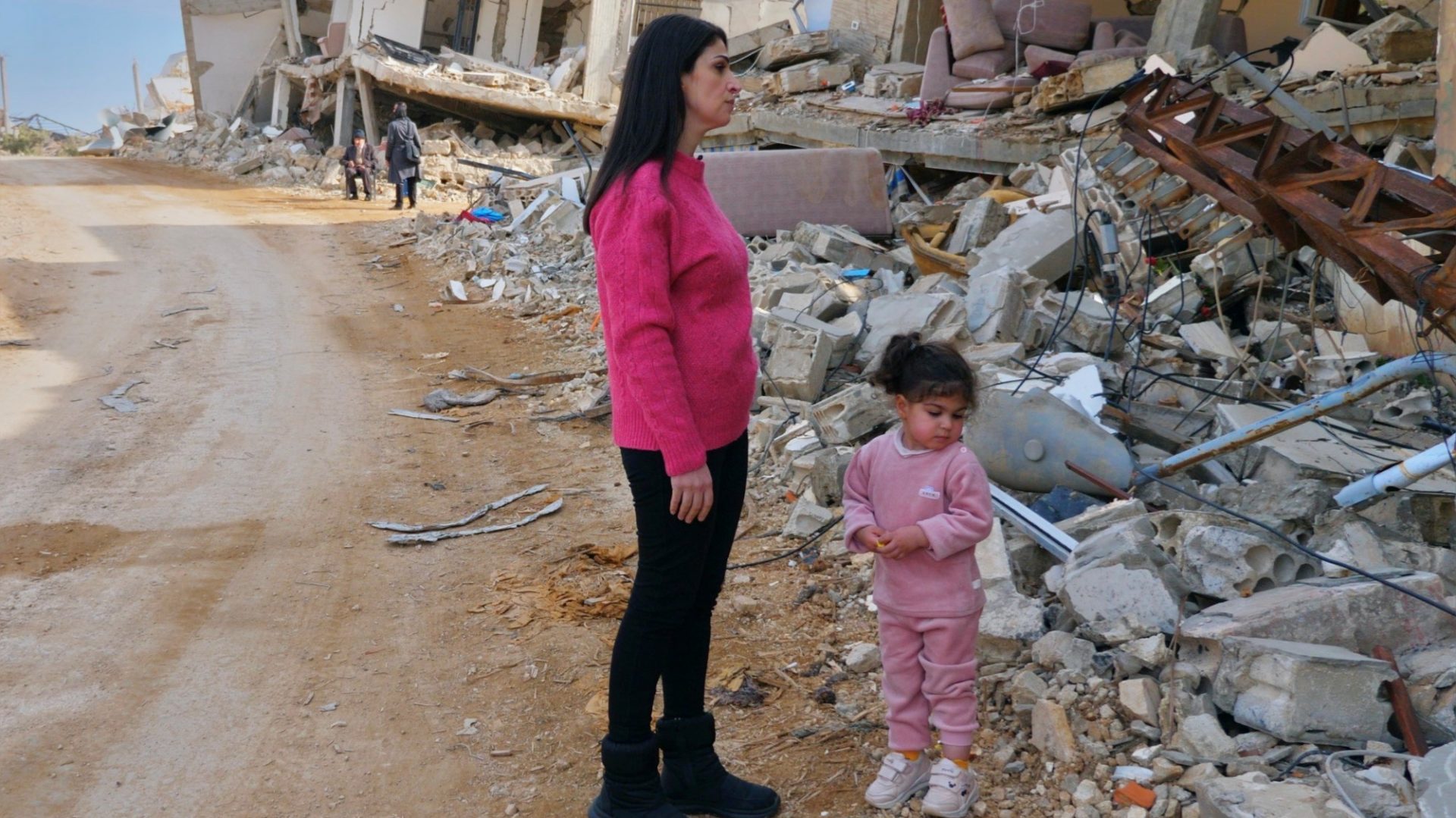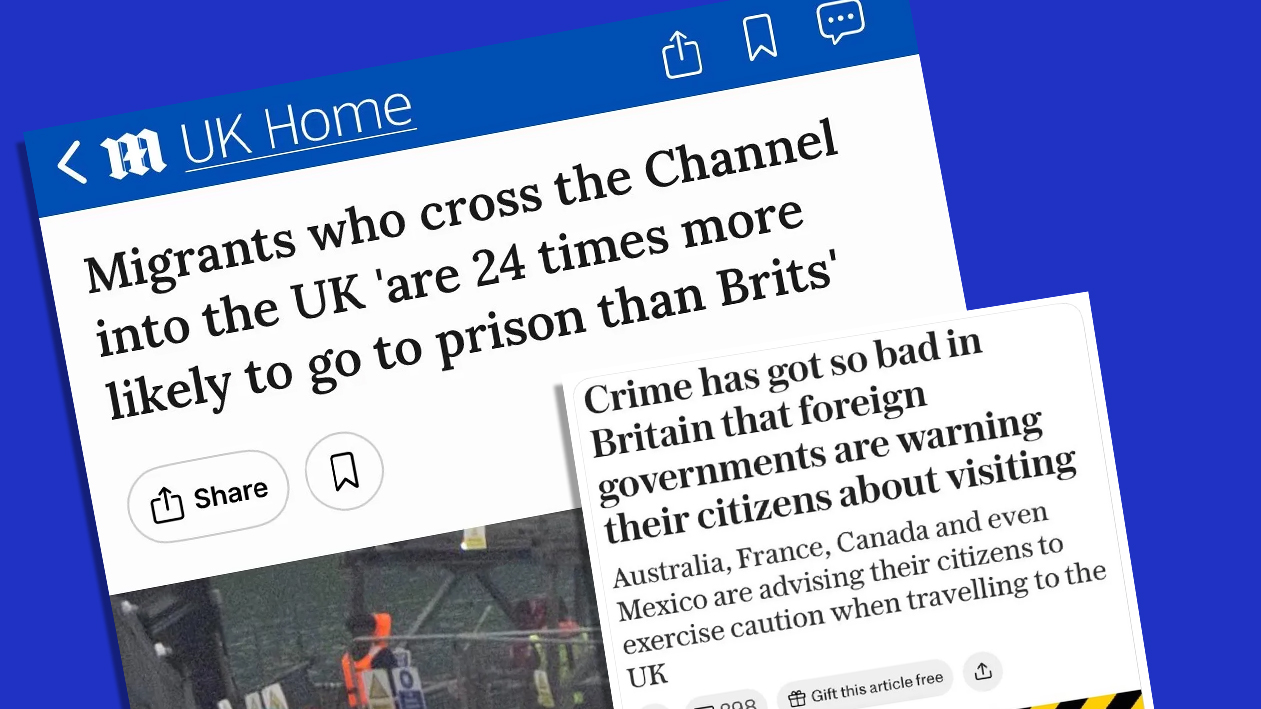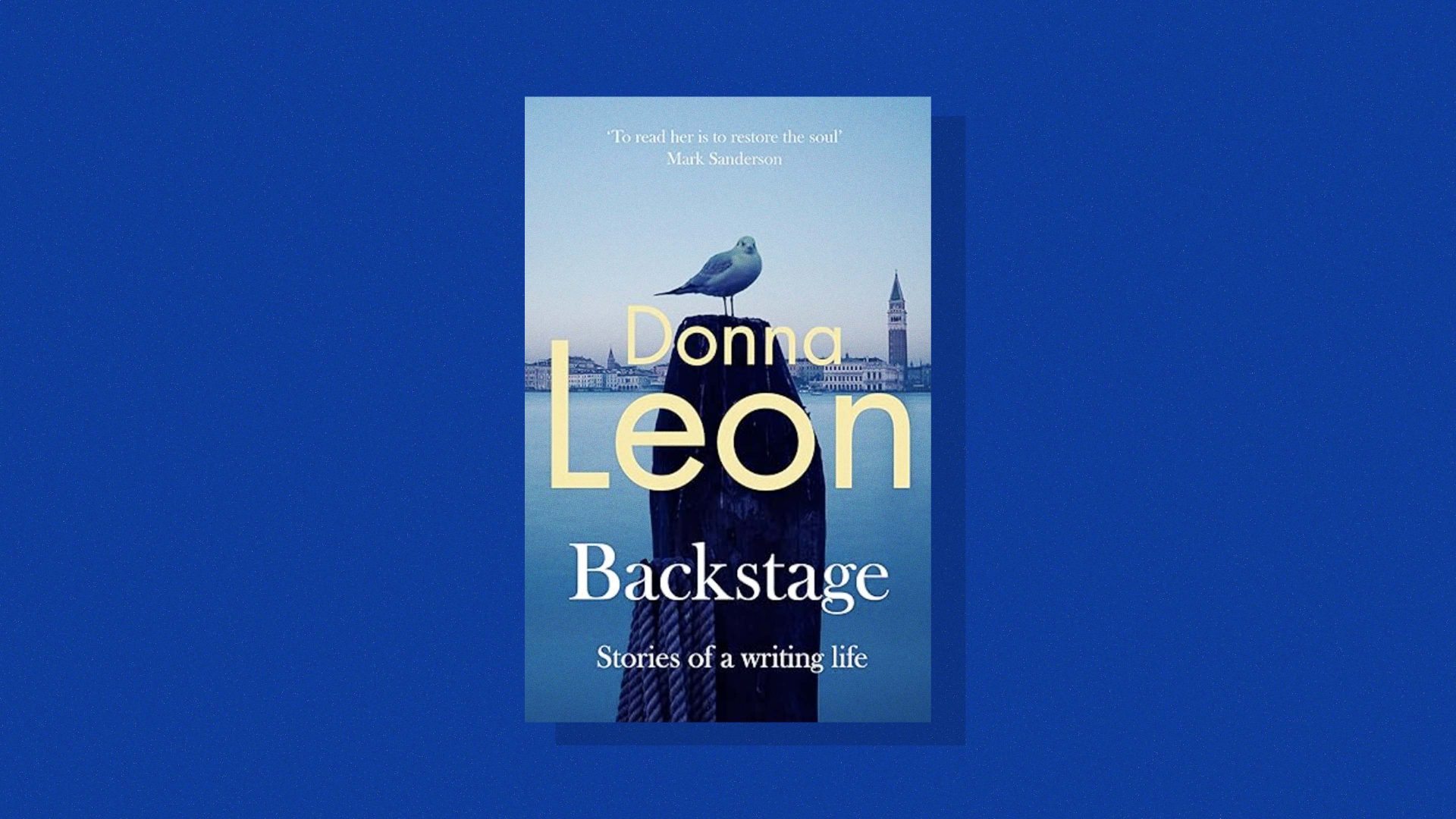“Fart,” the child says. “Boom.” The curtains flutter as the blast from the distant impact reaches the house. “Fart,” the child says. “Boom, boom.” The child flinches, when another boom follows closer, rattling the windows. More bombs fall closer to home and the houses from a neighbouring area disintegrate into dust and smoke and flame.
The child is the daughter of Abbas Fahdel, an Iraqi film director whose previous works include Homeland: Iraq Year Zero, a documentary on the American occupation of his country, and the fiction film Yara. Now, as director, cameraman and editor of Tales of the Wounded Land, Fahdel documents Israel’s bombardment of southern Lebanon by focusing his camera on his wife and daughter.
We follow as they flee from their home in the small city of Nabatieh, only to return once a ceasefire has been agreed and find devastation, with people sorting through the rubble and attempting to rebuild their lives.
Having seen the film late at the 78th edition of the Locarno International Film Festival, I was struck by the contrast with much of the rest of the programme. Locarno tends to provide a haven for experimentation and arthouse fare, which can often mean languidly to glacially paced meditations on anything from goats to relationships, which you know will never play outside of film festivals. The sounds of the bombs of Fahdel’s film gave a shudder of urgency which many other films lacked.
Perhaps it isn’t fair to confront film-makers who wish to immerse the audience in the debatable delights of slow cinema with the drama that is unfolding in various hotspots in the world today, but here we are. Fahdel’s film manages to bring home the true terrorism of what is going on.
My Instagram is a strange kaleidoscope of dead babies being pulled from rubble alongside meditation tips, crowds of starving civilians being gunned down as they run for aid interrupted by adverts for intermittent fasting apps.
Fahdel’s film is a document of humanity, living through extraordinary danger and grief in the name of security. We see a man trying to retrieve the books he had spent a lifetime collecting but which are now destroyed; a Christian woman talking about how Jesus performed most of his miracles in southern Lebanon; a barber cutting hair in a shop where the front has been entirely destroyed. Over all of this, the Imam announces the funerals of the many who have been killed, and coffins will soon clog the streets.
Suggested Reading


Meanwhile, in Gaza…
There is always pushback. One Letterboxd review has already noted that the film is nothing more than Hezbollah propaganda: and yet gave it two stars. So… OK-ish Hezbollah propaganda?
At one point, a dog drags itself through the dust as the bombs explode. You might decry this as sentimental, manipulative. How dare Fahdel use the suffering of this animal or his own daughter’s increasing trauma as a spectacle? And what about October 7? The self-serving whataboutery that assumes objecting to a genocide precludes objecting to a massacre.
On one of the ruined walls seen in Tales of the Wounded Land some contemporary graffiti reads “Palestine will survive”. But the truth here, and in another film by Palestinian film-maker Kamal Aljafari is that what we are witnessing is a loss, perhaps an irreversible one.
Having grown up in Israel, Aljafari was accused of being a member of an illegal organisation in 1989 and imprisoned. In 2001, as an adult, he decided to try to find his prison mate who was from Gaza. He travelled through the region with a local guide called Hasan and filmed it as part of a potential film project.
That film never got made and the footage was thought lost until the tapes turned up 24 years later. Now, Aljafari’s film With Hasan in Gaza, which opened Locarno, shows a world that no longer exists, or if it does, exists only as fragments and traces and memories.
The poignancy and tragedy is not in the ruins but in the vitality and street life that we see, the culture, the everyday commotion. Cinema is a ghost medium. Increasingly, it captures the images of the dead, from deceased movie stars (most recently Terence Stamp) to all the crowds you might see in a documentary from 70 years ago.
But there is something forensic about these films about Gaza: it’s like watching the evolution of a crime scene. They succeed in making us feel the humanity behind the headlines. When we hear or read that children have been killed in an attack, of course we’re horrified but when we see this particular child flinching at a nearby explosion, it becomes a visceral reality.
Other highlights of Locarno included Donkey Days, director Roseanne Pel’s brilliantly sharp and original family comedy about two sisters struggling with their relationship with each other and their ageing mother.
The Golden Leopard was awarded to the Japanese film Tabi to Hibi (Two Seasons, Two Strangers), directed by Sho Miyake. It features a struggling screenwriter, who attempts to create a story of a romance which becomes a film within the film, before herself becoming the protagonist of a second story. It is a poetic piece of work which speaks to the need to find connection, despite the difficulty the world presents.
John Bleasdale is a writer, film journalist and novelist based in Italy




